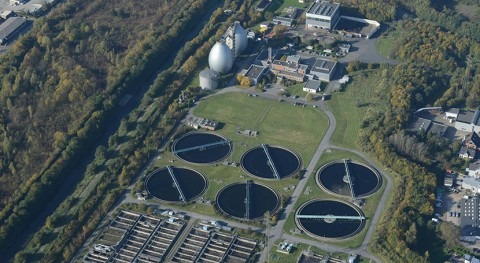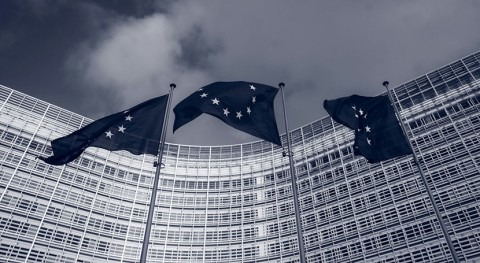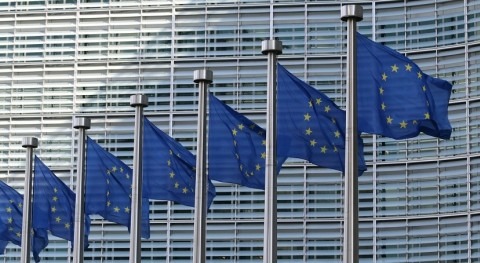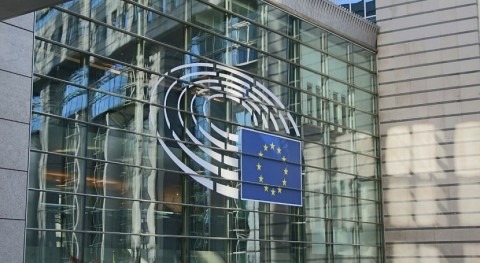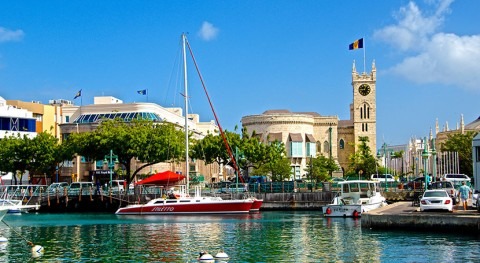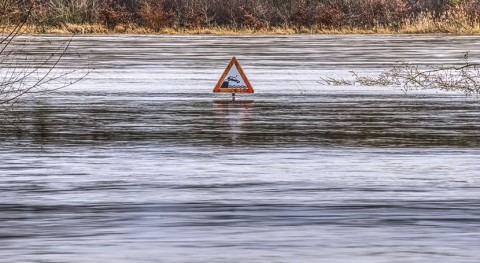The Commission decided to refer Spain to the Court of Justice of the European Union for failure to comply with the Urban Waste Water Directive (Council Directive 91/271/EEC). The Directive aims at protecting the environment from the adverse effects of urban waste water coming from domestic and certain industrial sectors. Under the Directive, towns and cities are required to put in place the necessary infrastructure in order to collect and treat their urban waste waters, thus eliminating or reducing all their undesirable effects when they are discharged into water bodies.
The European Green Deal sets a Zero Pollution ambition for the EU, which benefits public health, the environment and climate neutrality, thus also enhancing Europe's resilience. EU legislation, such as the Urban Waste Water Treatment Directive, aims to protect human health and safeguard the natural environment, and it is essential that Member States implement it fully.
The Commission's enquiries revealed a widespread failure to comply with the Directive's obligation in 133 agglomerations in Spain. The Commission sent a letter of formal notice to Spain in December 2016 and a reasoned opinion in February 2020 asking Spain to fully comply with the Urban Waste Water Directive. While the Commission welcomes the fact that Spain has made progress, it still needs to ensure that the agglomerations' collecting systems are provided and that, where the use of individual or other appropriate systems is justified, they achieve the same level of environmental protection.
The Commission's enquiries revealed a widespread failure to comply with the Directive's obligation in 133 agglomerations in Spain
Spain also needs to step up its efforts to ensure that waste waters collected are sufficiently treated to meet the relevant treatment standards. This means there are agglomerations where infrastructure needs to be built or improved. This may require investments in building out new physical infrastructure or upgrading already existing treatment facilities.
Background
Untreated waste water can be contaminated with bacteria and viruses and thus presents a risk to human health and can pollute lakes, rivers, soil, coastal and groundwater. It also contains nutrients such as nitrogen and phosphorus, which can damage freshwaters and the marine environment, by promoting excessive growth of algae that chokes other life, a process known as eutrophication.
The Commission published in September 2020 the 10th report on the implementation of the Urban Waste Water Treatment Directive that showed an overall improvement in collection and treatment of waste water in Europe's cities and towns, but pointed to varying success levels between the Member States.
Under the Urban Waste Water Directive, EU Member States must provide secondary treatment of all discharges from agglomerations larger than 2,000-population, and more advanced treatment for agglomerations larger than 10,000-population in designated sensitive areas. Secondary treatment supplements the elimination of solid matter from urban wastewater (called primary treatment) with the breaking down of the organic substances by using bacteria. Sometimes, further treatment is required to protect sensitive water environments. This more stringent treatment can involve disinfecting the treated effluent to protect bathing or shellfish waters. It can also involve the removal of phosphorus or nitrates (nutrients present in sewage) to protect waters that are threatened by eutrophication.
When it comes to the enforcement of the Urban Waste Water Directive more broadly, the Commission has so far identified serious breaches and initiated infringement procedures in 17 Member States, for various reasons. Most recently, in 2021, the Commission referred Slovenia, France and Hungary to the Court of Justice of the EU, and continued the infringement against Belgium, Greece and Slovakia. In February 2022, Poland and Malta were also referred to Court of Justice of the EU.
Concerning Spain, the Commission has launched several infringement cases to address the lack of waste water collection and treatment in a high number of agglomerations throughout Spain, resulting in two Article 258 Court judgments and one Article 260 Court judgment against Spain.






